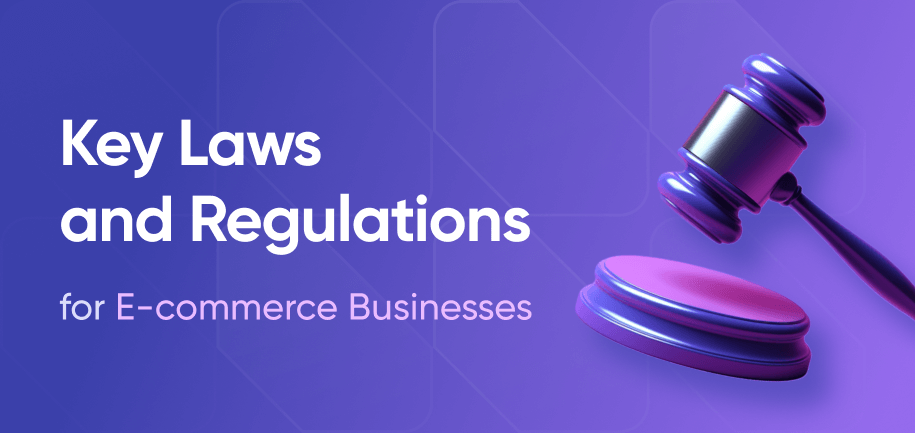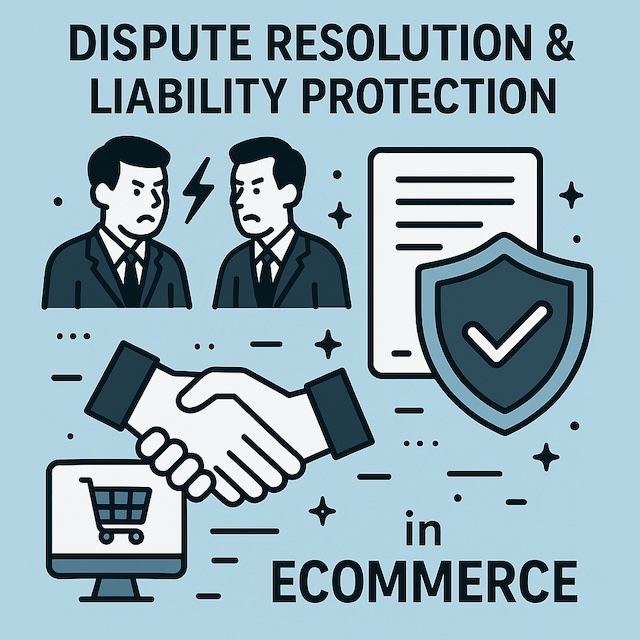The Rise of Online Commerce
Over the past two decades, eCommerce has transformed from a niche market into a dominant force in U.S. retail. From independent Shopify stores to giants like Amazon, businesses of all sizes now sell online. But with opportunity comes responsibility — and in eCommerce, responsibility means compliance with a complex web of laws.
Why Legal Compliance Matters
Too many entrepreneurs mistakenly believe that “small online shops don’t have to worry about the law.” Unfortunately, that’s not true. U.S. regulators like the Federal Trade Commission (FTC) and state attorneys general actively pursue businesses of all sizes for violations. Non-compliance can lead to:
- Fines and penalties (sometimes thousands of dollars per violation).
- Lawsuits from customers, competitors, or regulators.
- Loss of consumer trust, which can permanently damage a brand.
Compliance isn’t just about avoiding risk — it’s about building a trustworthy, sustainable business.
Federal vs. State Regulation
In the U.S., laws are layered:
- Federal laws (like FTC rules and federal tax laws) apply nationwide.
- State laws (such as California’s CCPA privacy law) vary and can impose stricter requirements.
For example, while no federal law requires a general privacy policy, several states do. If you sell to residents of those states, you must comply.
Common Misconceptions
- “My store is too small to matter.” – Regulators have fined sole proprietors.
- “I only sell online, not in a physical store.” – eCommerce businesses are still subject to retail, consumer protection, and tax laws.
- “As long as I have Terms of Service, I’m safe.” – Enforceability depends on how those terms are presented and what they include.
Key Takeaways
- Every online business must comply with U.S. laws — no exceptions.
- Compliance reduces legal risk and builds customer trust.
- Understanding both federal and state rules is essential.
Make a list of the states you sell into. Research (or seek legal advice on) whether any special state-level eCommerce laws apply.
If you interested in reading more in detail, please see Recommended Books.





